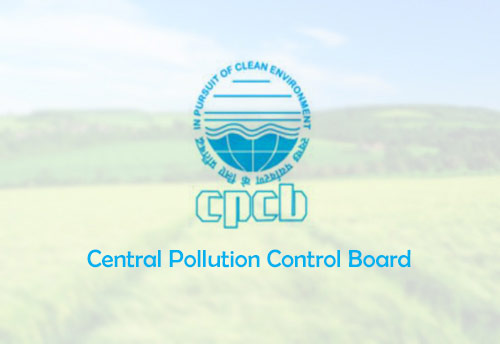CPCB lifts ban on DG sets in Delhi-NCR; MSMEs welcome move
Updated: Mar 06, 2021 10:01:18am

CPCB lifts ban on DG sets in Delhi-NCR; MSMEs welcome move
New Delhi, Mar 5 (KNN) After receiving the forecast on air quality in Delhi-NCR which is expected to be better in the coming days, the Central Pollution Control Board (CPCB) has removed the ban on Diesel Generator (DG) sets in the latter areas.
On October 15th, after considering the advice of the task force on Graded Response Action Plan (GRAP), Environment Pollution (Prevention and Control) Authority (EPCA) which has been dissolved now had banned the use of DG sets other than essential or emergency services in Delhi and in vicinity towns, i.e. Ghaziabad, Noida, Greater Noida, Faridabad, and Gurugram.
''As per the forecast received, air quality in Delhi-NCR is expected to be better in the coming days due to improved ventilation conditions. Based on this forecast and prediction, CPCB has decided that the ban on use of DG sets in Delhi-NCR is lifted with effect from today,'' said CPCB in an order dated March 5th, 2021.
''It’s a good decision that the government has lifted the ban on DG sets as it will now not hamper any production. It’s a positive thing,'' a Sonipat-based businessman, Rakesh Chabra told KNN India on Saturday.
However, the CPCB has also asked industries to follow some measures to ensure better air quality such as: State Pollution Control Boards/Pollution Control Committees to ensure that large construction sites are adhering to prescribed norms/guidelines and taking adequate measures for dust management; Implementing agencies to be more vigilant, and ensure quick actions including on redressal of complaints on SAMEER and other Social media platforms to curb polluting activities; Implementing agencies to continue to take stringent actions with emphasis on hotspots; Waste (C&D debris, plastic waste, MSW) dumped on open land and roadside must be cleared; Strictly enforce all pollution control regulations in brick kilns and industries; Strictly enforce/stop garbage burning in landfills and other places; Strictly enforce pollution control in thermal power plants through PCB monitoring; Do periodic mechanized sweeping and water sprinkling on roads with heavy traffic and unpaved roads; Strict vigilance and no tolerance for visible emissions.












